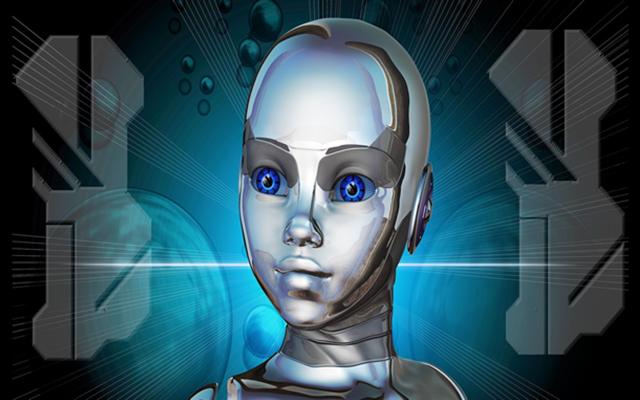
Project Details
- Consortium:
TU Wien
Universität Wien
FH Technikum
FH Campus
Project Contact Information
-
Georg Jäggle, TU Wien
E-Mail
Abstract
Robotics and computer science are not imaginable without digital competence. Both are a possible entry into the digital world and promote the development of digital competence. However, the question also needs to be asked as to which barriers arise in the digital world and how these can be overcome. To this end, a working group with interdisciplinary members from different partner universities will be constituted to make common barriers visible and propose improvements for gender-appropriate didactic concepts.
Outcome Summary
The project goal was to identify barriers in the digital space and examples of how to overcome them. The vision is to create an understanding of technology for all people in digitalization and robotics. This required an interdisciplinary research and development effort to break down educational barriers to higher education.
Work was done on a universal design to reduce digital space complexity and spur social and technical innovation. This design has been successfully developed and is accessible to all. The project made it possible to put the idea into a project proposal and submit it to FFG FEM-Tech. Unfortunately, it was not accepted.
The project has shown that in the future it will nevertheless be necessary to continue to promote an understanding of technology for all people. This can be achieved through researcher days, open days, and outreach programs at the TU Wien with scientific support. Children should come into contact with new technologies (robots, computer science, digitalization, etc.) at the beginning of their educational careers in order to break down barriers in this area and facilitate their access to universities.
Accompanying children from school to university in conjunction with technology understanding and experience may be one solution. Another solution is the further exchange of experience and research of experts from different universities, to get over existing barriers to the universities, but also to stay in the universities. A project application to the FWF is being developed with the research partners from this project. In the long term, a joint database of data on study entries, progress, and dropouts should help to develop better strategies for reducing barriers.
Video
When playing videos, data might be transmitted to third parties (Privacy Statement).